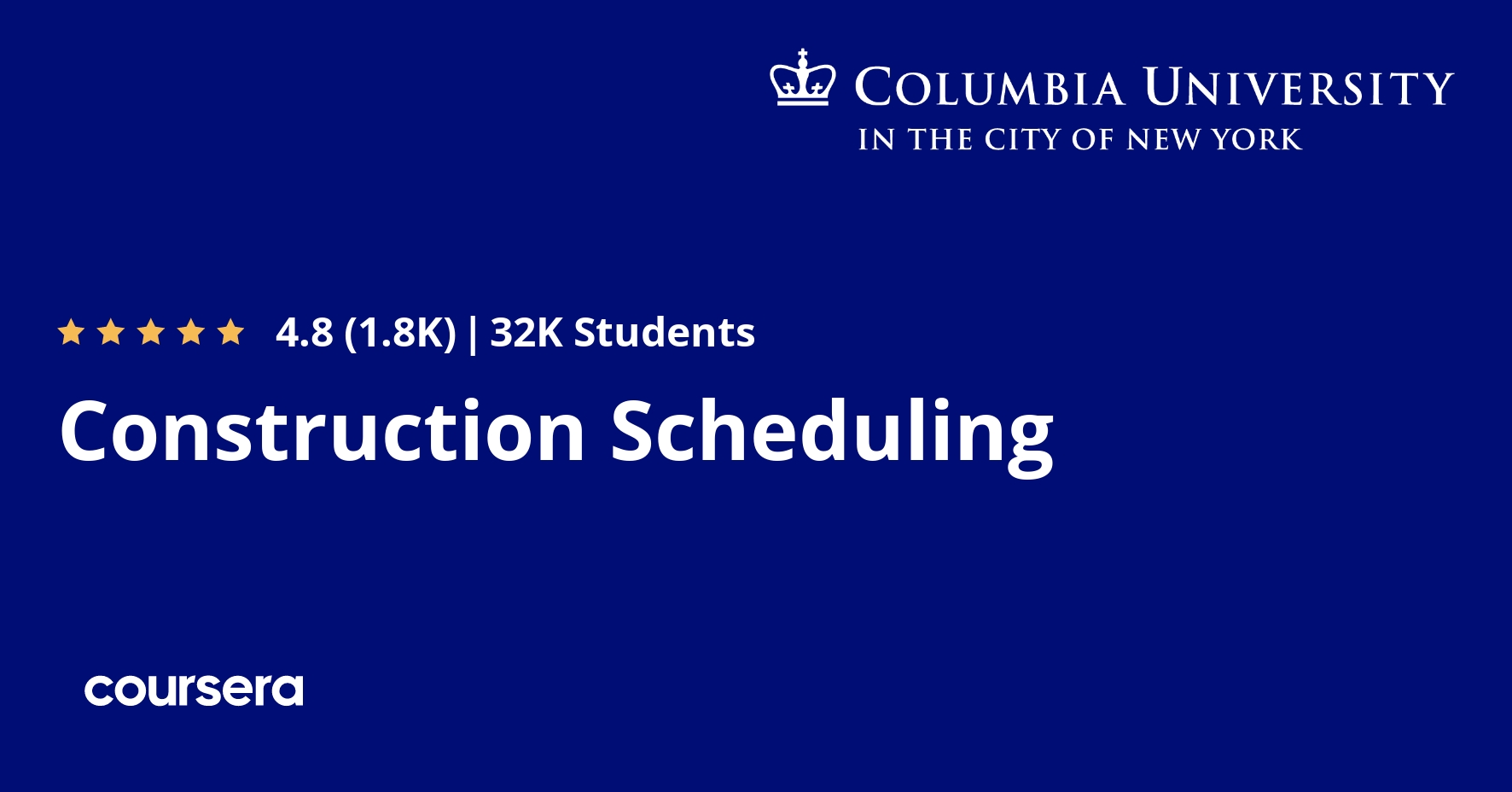Description
Most people make the incorrect assumption that economics is ONLY the study of money. My primary goal in this course is to shatter this belief. During this course, we will be addressing the above questions as well as many more relating to:
-the environment
-love and marriage
-crime
-labor markets
-education
-politics
-sports
-business
My main goal is to show you the way economists think and how to use this analytical system to answer questions related not only to these and other important human issues but to anything you end up doing with your life after this class. After all, as you will quickly find out, I believe that everything is economics!
What you will learn
Course Orientation
You will become familiar with the course, your classmates, and our learning environment. The orientation will also help you obtain the technical skills required for the course.
Introduction and Basic Principles
Welcome to your first week in Microeconomics Principles! As you will quickly see, the things you learn in this class will probably help you see the world in a different way. Economics is not just about money, as you may have incorrectly assumed. On the contrary, as you will learn in this lesson, economics is about how society distributes scarce resources. And, since almost anything in the world is a scarce resource, from fossil fuels to suitable romantic partners, we can apply the rules of economics to pretty much anything.
Supply and Demand
Welcome to your second week in Microeconomics Principles! This module we will cover the hallmark framework of the field: the supply and demand model. I am sure that if you knew any economics words before enrolling in this course those two words were supply and demand. This module you will finally learn what all the fuss is about.
Market Efficiency and Government Policies
Welcome to Week 3! Last module we introduced the supply and demand model to explain how free markets work. One of the main concepts we learned about free markets was that they tend to gravitate toward an “equilibrium” price and quantity. This module we will use the same conceptual model to answer one important question: Are free markets the best way to distribute society’s resources?
Elasticities
Welcome to the fourth week! This module we will cover one of my favorite economics concepts: elasticity. It is one of my favorites because of how useful it is to analyze policy implications, as well as its usefulness for business managers. This will be obvious to you when you read one of the discussion topics for this module: Should we legalize marijuana?





